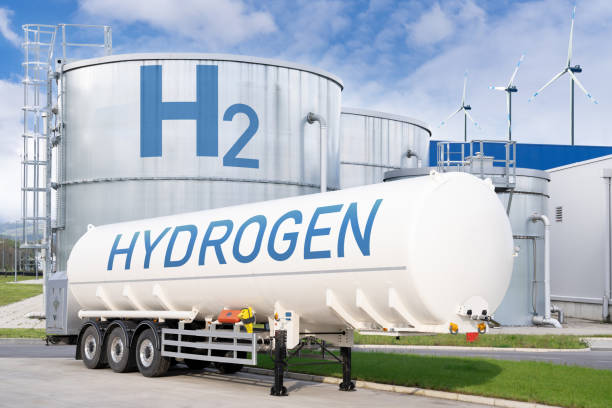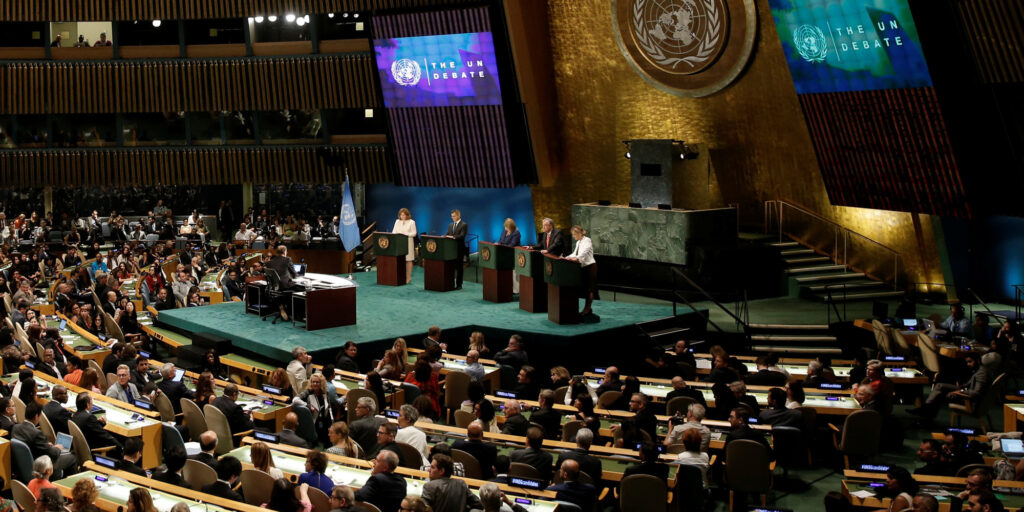The global action to reduce greenhouse gas emissions, and in turn, the effects of climate change, has led to an increase in the adoption of energy conservation strategies. These processes also help energy consumers save cost on bills. Hence, this article will explore the benefits of energy conservation strategies.
Energy conservation is reducing the energy used in a building or process without compromising the output or comfort level. Some of the most effective energy conservation strategies include the following:
- Lighting-
Lighting is one of buildings’ most significant energy consumers, accounting for up to 40 per cent of an average energy bill. One of the simplest energy conservation strategies is to switch to LED lights, which use up to 75 per cent less energy than incandescent bulbs. Additionally, lighting controls, such as occupancy and daylight sensors, can reduce energy consumption by turning off lights when not needed. If these controls are unavailable, members of the household or building can practice manually switching lights off when they are not needed.
- Heating, ventilation, and air conditioning (HVAC)-
HVAC systems are responsible for a significant portion of a building’s energy consumption, especially in developed countries and countries with consistent extreme weather conditions. Energy conservation strategies for HVAC systems include upgrading to high-efficiency systems, such as heat pumps, and installing programmable thermostats to reduce energy usage during off-hours. Additionally, regular maintenance, such as cleaning and filter replacement, can improve the efficiency of HVAC systems.
- Appliances and electronics-
Appliances and electronics account for a significant portion of a building’s energy consumption, even when not used. Energy conservation strategies for appliances and electronics include selecting energy-efficient models, unplugging electronics when not used, and using power strips to control standby power usage.
- Scheduling chores-
Although an uncommon strategy in energy conservation, scheduling chores goes a long way in saving energy. Planning chores on the same day, such as laundry, would minimise the repeated use of appliances such as washing machines and irons.
- Water conservation
Water conservation is also an essential energy conservation strategy. Water heating accounts for a significant portion of a building’s energy consumption. Strategies for reducing water usage include using low-flow showerheads and faucets, installing water-efficient appliances, and repairing leaks promptly.
The benefits of energy conservation strategies include reducing energy bills and operating costs, reducing greenhouse gas emissions and environmental impact, improving indoor air quality and comfort, and increasing the lifespan of equipment and appliances, among others.
In Nigeria, the benefits of energy conservation strategies are still relatively untapped, despite the potential for significant energy savings and the benefits of reduced carbon emissions. Several reasons include limited energy efficiency awareness, limited access to energy-efficient technologies, and a lack of government policies and regulations to promote energy conservation.
According to a study by the International Energy Agency (IEA), Nigeria’s energy intensity (energy consumption per unit of GDP) is among the highest in the world, with the country consuming more than twice the energy per unit of GDP than the global average. The IEA also reports that Nigeria has a significant potential for energy efficiency improvements in various sectors, including buildings, industry, and transportation.
One of the key challenges to promoting energy conservation in Nigeria is the lack of access to energy-efficient technologies. For example, only about 55 per cent of the population in Nigeria has access to electricity, and those that do often rely on inefficient appliances and lighting.
However, some initiatives in Nigeria aim to promote the benefits of energy conservation strategies. For example, the Nigerian Energy Support Programme (NESP) is a government-led initiative to promote renewable energy and energy efficiency in the country. The programme provides technical assistance and financial support to businesses, households, and government agencies to help them adopt energy-efficient technologies and practices.
In addition, several private sector companies are also implementing energy conservation strategies. For example, the Nigerian Bottling Company (NBC) has implemented energy-saving measures in its production plants, which have resulted in a 40 per cent reduction in energy consumption. Overall, while energy conservation strategies are not yet widespread in Nigeria, efforts are being made to promote them. The potential for significant energy savings and reduced carbon emissions makes energy conservation an essential priority for the country.



